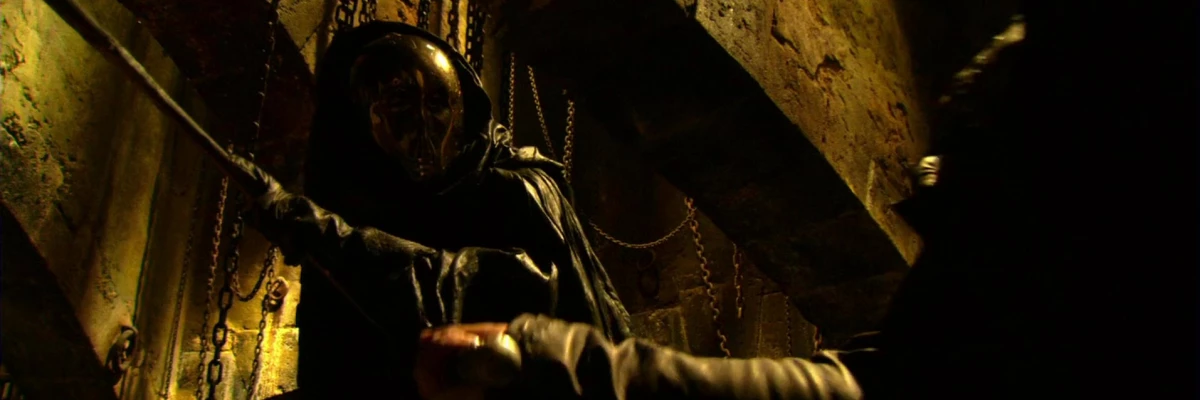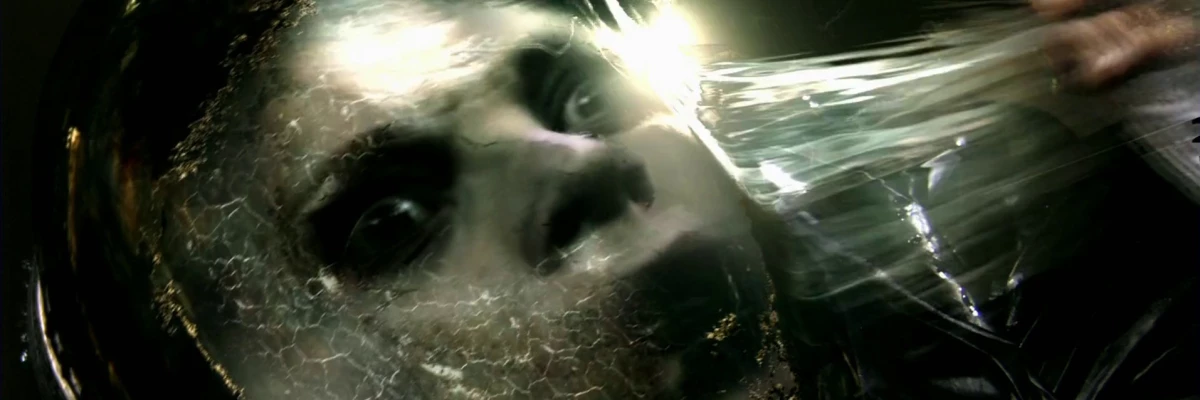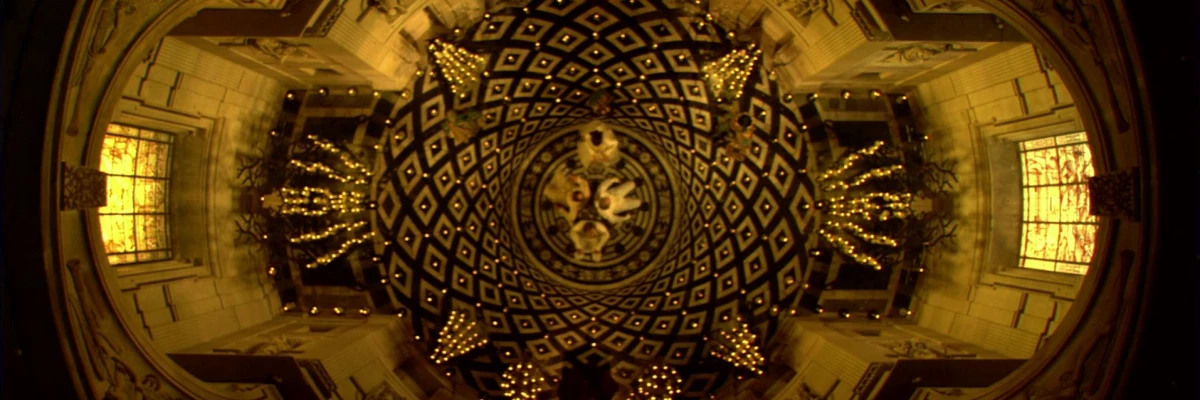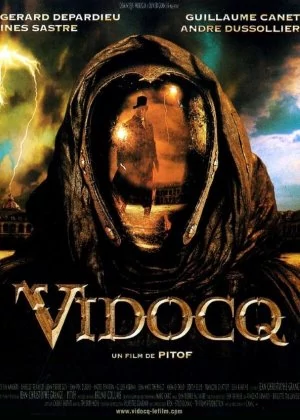Vidocq
Enter Vidocq, one of France's biggest (anti)heroes, a criminal turned public servant, father to the French police force, and said to be the very first private investigator. He later turned up in the literature of Hugo and Balzac, only further underlining the man's strong legacy. You would expect a film about Vidocq to be quite tepid and accommodating, but that's not the kind of film Pitof set out to make. Instead, Vidocq is one of the crazier films to come out of France, and it's all the better for it.

Pitof's career as a director would completely bomb only a few years later (when he set out to Hollywood to direct Catwoman), but before even starting Vidocq he'd already earned his stripes working on some major French films. Together with Marc Caro, Pitof was one of Jean-Pierre Jeunet's loyal henchmen who brought the worlds of Delicatessen and La Cité des Enfants Perdus and Alien: Resurrection to life, Pitof taking care of the special effects. Seen from that angle, it's no surprise Vidocq turned out the way it did.
Vidocq was one of the first feature-length films to fully embrace the use of DV (digital video). Up until that point DV has been mostly used to cut costs and to ease the production process, but Pitof clearly saw more potential in the medium. Even though the raw footage couldn't match the quality of traditional film stock, the potential to tamper with the film's look and feel in post-production was simply too enormous to ignore. Vidocq was Pitof's playground, an experiment in taking DV post-production to its limits.
The story is pretty basic, though it is quite remarkable that Vidocq himself is largely absent from the film. Instead, we follow Etienne Boisset, Vidocq's biographer, who travels all the way to Paris after losing contact with the man. As he retraces Vidocq's final steps, he gets swallowed up by a mysterious plot that aims to kill some of Paris' highest-ranking businessmen. Binding all the strange events together is a cloaked figure wearing a mirror mask.

At the very least, Vidocq in visually interesting. Even if you don't like Pitof's extravagant experiments, it's impossible to classify them as dull or boring. He puts his camera close to his actors, tampers with the colors, lighting and backgrounds and races through the shots, applying some very sharp editing tricks. The settings and costumes are impressive too, though when everything is combined it can become a bit much for some. I definitely don't mind the abundant style, but it's clearly not for everyone.
The soundtrack is loud and epic, something that usually bothers me no end. But with a film this expressive and fast-paced, there really is no other option than to go all the way. While the music itself didn't interest me as much, it does give the film more body and seeing how the pacing is quite excruciating, it's hard to fault the soundtrack for being overzealous. But again, if you're not on the same wavelength as Pitof, I can see how the music could become dire real fast.
Having Guillaume Canet (he was still quite young back then) and Inés Sastre on your team is never a bad thing, but with Gérard Depardieu taking up the lead role Pitof really hit the jackpot. Depardieu is probably France's most prestigious actor and a true star well beyond its borders. Simply putting his name on your poster greatly increases the chances of international recognition. They all do commendable jobs too, though for the larger part, they're just lending their faces to their respective characters. Vidocq is not the kind of film that puts a lot of strain on its actors.

Vidocq is a rather wild ride. At its core, you'll find a simple detective story, but along the way, Pitof stops to include elements from several different genres. The setting is that of a raunchy costume drama, the masked figure introduces some curious fantasy elements and when Vidocq finally faces the villain there's an actual martial arts fighting sequence. And a pretty great one at that. It's an eclectic mix of genres that don't always play nice together, but seeing how this movie is set up to be a roller coaster ride, that's hardly an issue.
There are some things here that don't work as well as they should, but they are completely eclipsed by the parts that do. Not only that but the sheer vigor and energy that explodes from every pixel makes this one of the more entertaining French films I've seen. And while technology has long since caught up with Pitof's first, its strange and no-hold-barred visual approach still sets it apart on an aesthetic level. It's a shame Pitof's career as a director would end soon after, but at least he made one great film. It's definitely not for everyone, but if you're up for some French high-octane weirdness it's a very solid bet.
